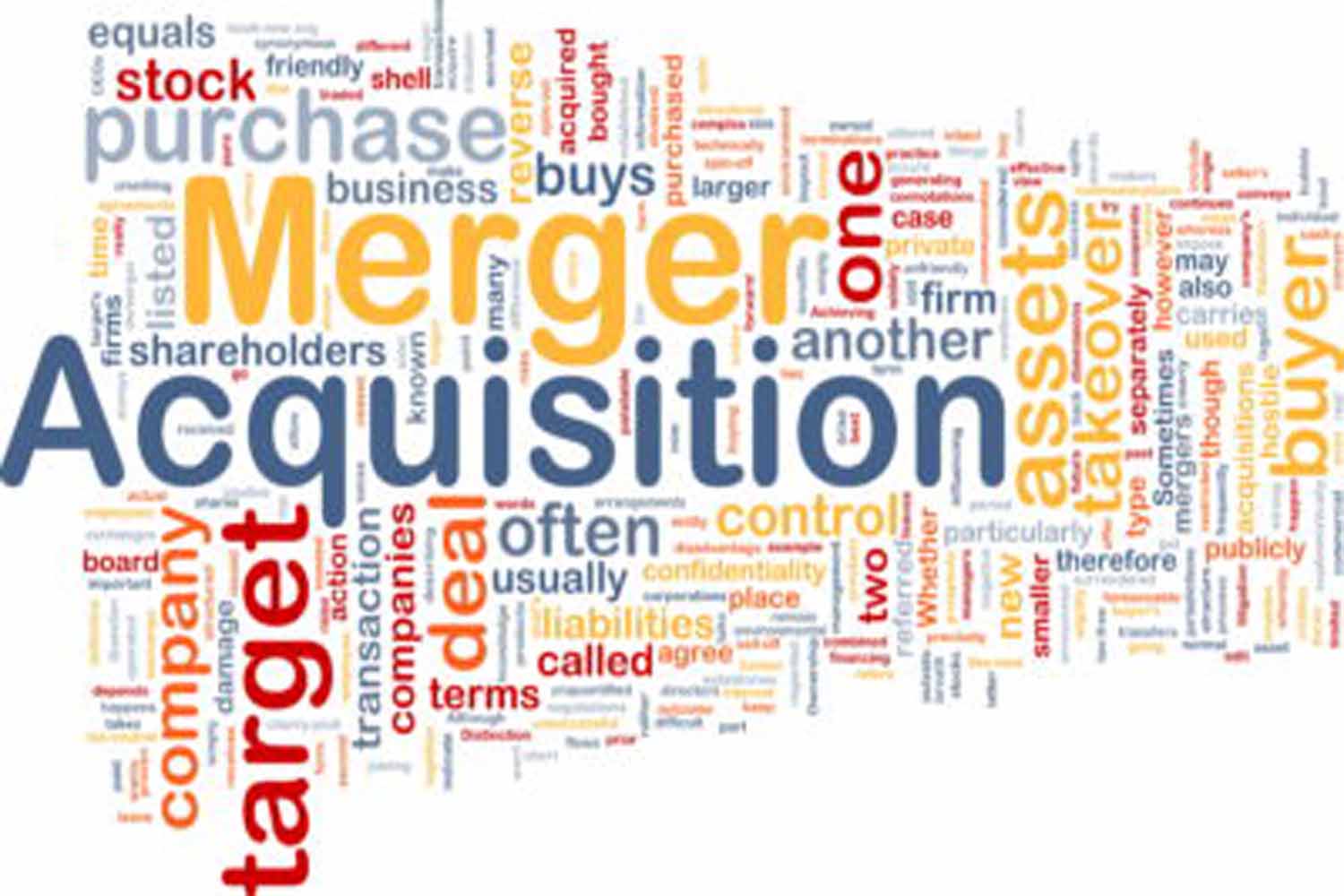If you’re in the market to buy or sell a company, then it’s important to make sure that your How To Evaluate A Company For Acquisition is going to yield the best possible outcome. If you’re buying, then you’ll want to make sure that the company being sold isn’t being stripped of its value by the seller in order to jack up the price.
If you’re selling, you’ll want to be sure that the buyers are willing and able to pay what your company is actually worth—which may not be as much as you think!
Valuation
It’s crucial to understand how your target company will be valued because that value is going to impact you and your organization. In addition to having different ways of valuing a company, each method has its own complexities.
Depending on how you factor in your target’s revenue, income, or cash flow generation (among other factors) will impact your company’s valuation. There are also three main methods for valuing companies: comparable transactions, precedent transactions, and discounted cash flows.
Comparable transactions are based on similar companies that have sold; precedent transactions look at similar companies that haven’t yet sold but likely could; discounted cash flows evaluate a company based on future potential earnings and revenues.
Market Competition
No matter what industry you’re in, you’ll want to make sure there are no strong competitors. After all, a competitor’s entry into your market could threaten your business—and any potential for growth.
Look at similar businesses and how they differentiate themselves from one another to create an advantage; if a competitor enters your market and can copy that strategy, that would be bad news for you. Also be aware of industry forces like regulatory changes or technological advancements.

Operational Efficiency
How does your target company run day to day? With operational efficiency, you can determine how well your acquisition is able to deliver its products or services.
High operational efficiency indicates quality control and good overall business practices, which are essential for a solid acquisition. If your target’s operations are less than efficient, you’ll have to spend time and money fixing them before they become a part of your existing company.
Scalability
An important consideration for a startup looking to make an acquisition is whether or not there is a sustainable revenue model in place.
If you’re acquiring another company, you need to be confident that its revenues can scale to at least match your own, and preferably grow even faster. While great businesses can come from any industry, it’s often a good idea to stick with industries you are familiar with.
For example, if you’re a tech company, consider acquisitions within other tech companies or other startups focused on tech solutions. It might also be worth considering an acquisition of another startup instead of an existing business—you get all of their hard work done already!
Conclusion
How To Evaluate A Company For Acquisition can be a tedious, multi-faceted process. However, you should not let that discourage you from pursuing your dream of starting or growing a business. This guide is designed to provide you with a number of tools and resources to help make your evaluation process easier.

